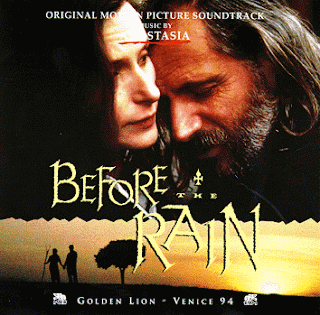Until I can get more details in Disney taking over Lucasfilm and regarding episode 7, I will keep an open mind. This may very well be the breath of fresh air Lucasfilm is looking for. I am sure this will also open more doors for exciting video games and props to build. I am a little concerned on the possibility of recasting the roles of Luke, Han, and Leia if they plan on bringing in those characters. Many hope for a story from the books and comics but an equal amount would like to see a whole new story. I am opened to both ideas and I am just excited for a new Star Wars Trilogy to be back in theaters.
Here is an Idea, before all you haters judge something, why not wait until something actually gets done writing and come out before you make your ''HATE" remarks for Star Wars and George Lucas. I am tired of all the people who say they are fans of Star Wars but immediately put down the films and the creator of them. I mean, you speak ill of a man (George Lucas) who revolutionized the film business beyond any other single individual in history; the very man who made every film, tv show, and video game that you currently enjoy even possible. He had the mind to improve computer and special effects technology to their current levels (and editing technology as well to point a fact). He was the one who legitimized sci-fi and fantasy films in the first place, making movies like "Aliens" and "Avatar" realistic possibilities. So what, you don't like his movies? It's no reason to hate the poor man or go on and on for years and years and years bashing his pet-projects.
I swear to God, all of you haters think and act like you're 7 years old. If it's not tits and sex all the time, it's hatred and bitching for all eternity. If you're going to hyperventilate every time something you love changes, do me a favor and just jump off a bridge. Less haters in the world would actually solve most of the problems in our society. If only most of the earth's population wasn't living in denial and delusion all the time, maybe people wouldn't go around throttling each other.
I have made so many lifelong friends because of the Star Wars franchise. Lucasfilm is definitely a very special company and I'm so thrilled to see the Star Wars films continue in the very capable hands of Disney. If there is any doubt, look at where they have taken the Marvel films. Congratulations and thanks to Mr. Lucas for sending the Star Wars franchise into overdrive for all of us fans. I think he explains the future of Star Wars perfectly in the short video released today. I'm excited to see the limitless Lucasfilm creations that will be brought to life under the new Disney umbrella. Now lets all go daydream about what they could be dreaming up for STAR WARS EPISODE VII. Thanks Mr. Lucas not only for what you have done but also for what you have opened up to be done...








